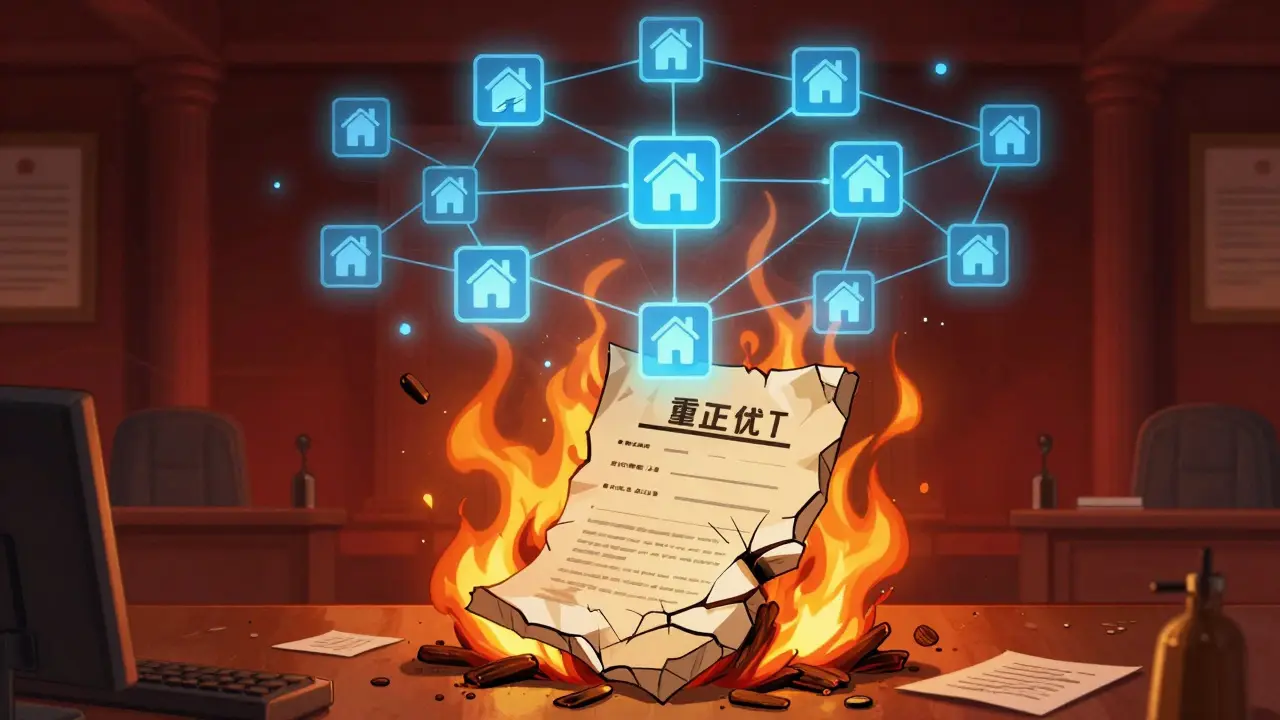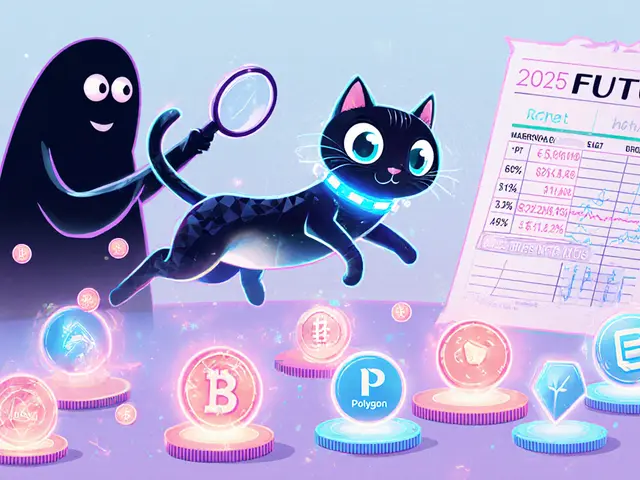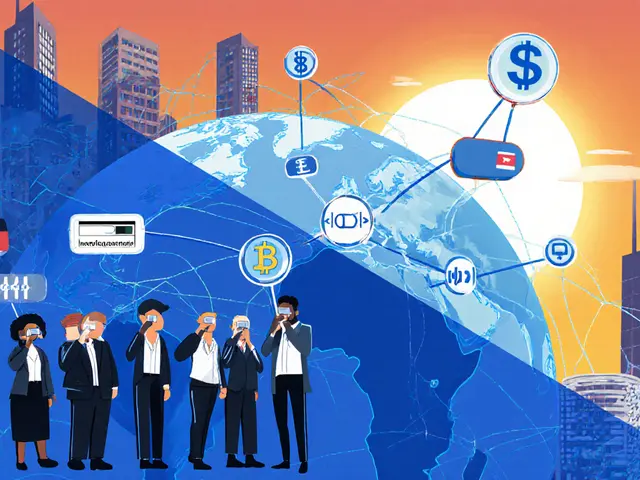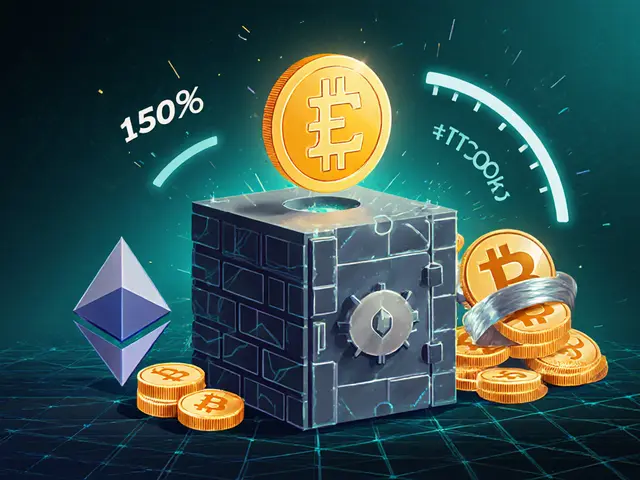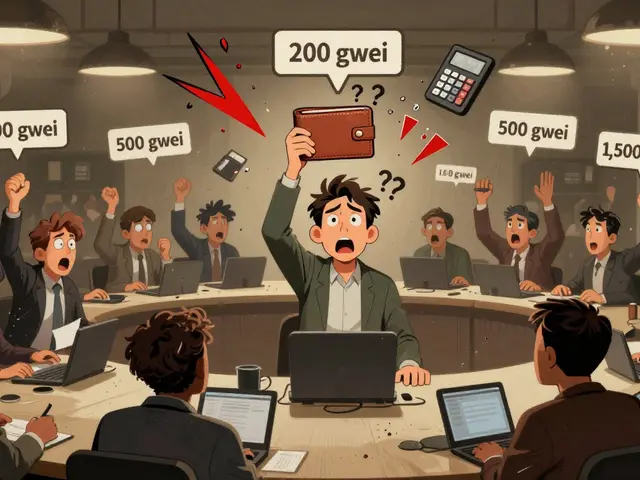Real Estate Technology: How Digital Tools Are Shaping Property Markets
When working with Real Estate Technology, the use of digital tools like blockchain, AI, and data analytics to streamline buying, selling, and managing property. Also known as PropTech, it connects real‑world assets with modern software to cut costs and speed up deals.
Key Concepts in Real Estate Tech
One of the biggest drivers is Smart Contracts, self‑executing code that automatically enforces the terms of a transaction once conditions are met. Also called self‑executing contracts, they remove the need for manual paperwork and third‑party intermediaries. In practice, a smart contract can lock the purchase price in escrow, release funds when the title is verified, and even issue a digital receipt—all without a clerk typing a line.
Another core piece is Tokenization, the process of converting a physical property or a share of it into a digital token on a blockchain. Often referred to as asset tokenization, this method lets investors buy fractional ownership, improves liquidity, and opens global markets to local real‑estate assets. For example, a $10 million office building could be split into 10,000 tokens, each representing a $1,000 stake.
The technology that holds all of this together is Blockchain, a decentralized ledger that records transactions in an immutable, transparent way. Also known as distributed ledger technology, it provides the trust layer that makes smart contracts and tokenization reliable. When a token transfer happens, the blockchain documents the change instantly, preventing fraud and ensuring every participant sees the same record.
Because the ledger is public, real estate technology also enables digital escrow services that act like a virtual safety deposit box. Instead of a bank holding the buyer’s money, a smart contract holds the funds until every condition—inspection, title search, financing approval—is satisfied. This reduces closing times from weeks to days, and cuts transaction fees dramatically.
These tools are already reshaping how properties are bought, leased, and financed. Developers use blockchain to pre‑sell condo units before construction, investors use tokenized funds to diversify across cities, and landlords deploy smart contracts to automate rent collection and maintenance requests. The result is a market that moves faster, costs less, and offers more transparency to everyone involved.
Below you’ll find a curated set of articles that dive deeper into each of these topics. From step‑by‑step guides on writing a smart‑contract sale agreement to real‑world case studies of tokenized apartment complexes, the collection gives you practical insights you can apply right now. Keep reading to see how the ideas introduced here play out in actual real‑estate tech projects.

